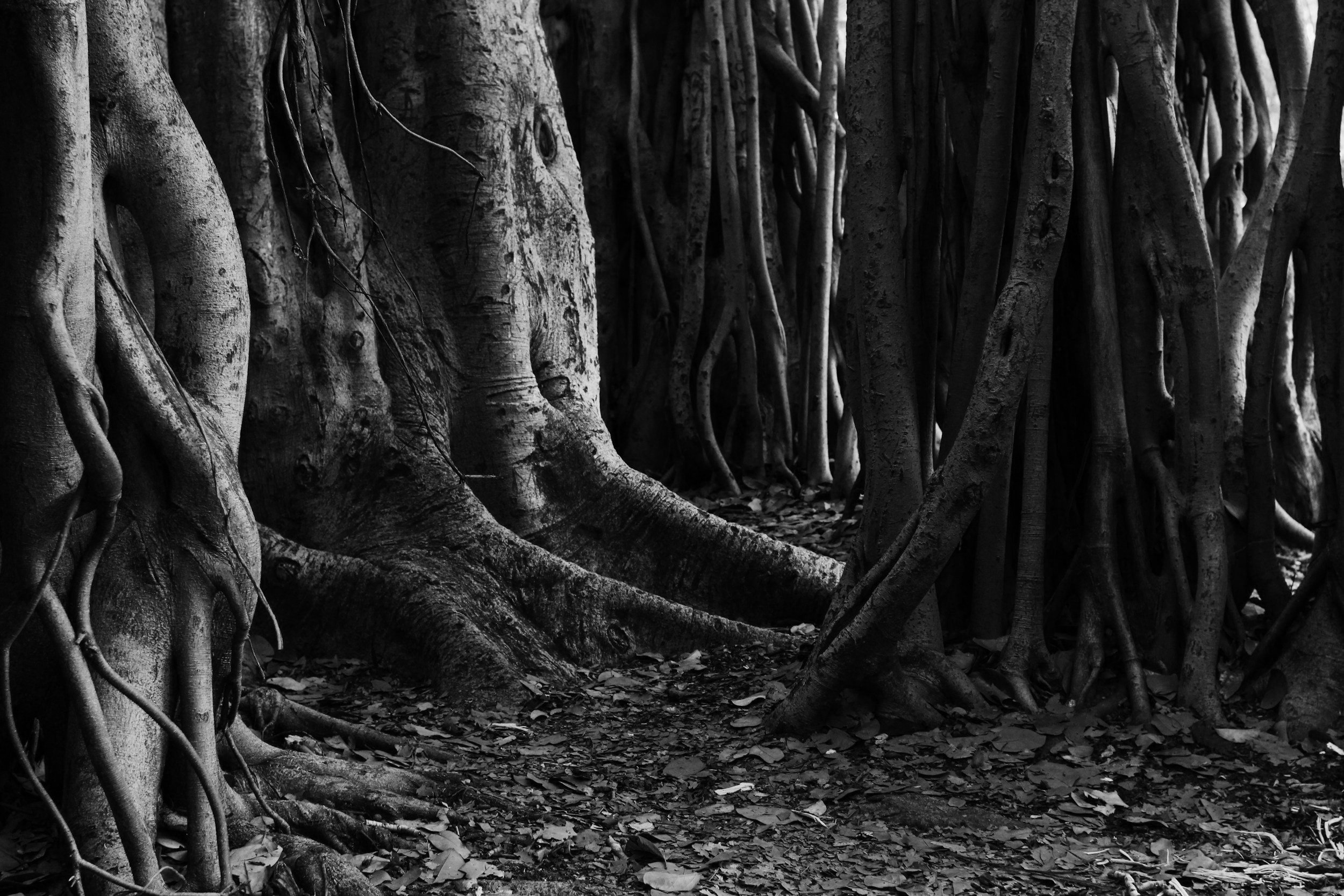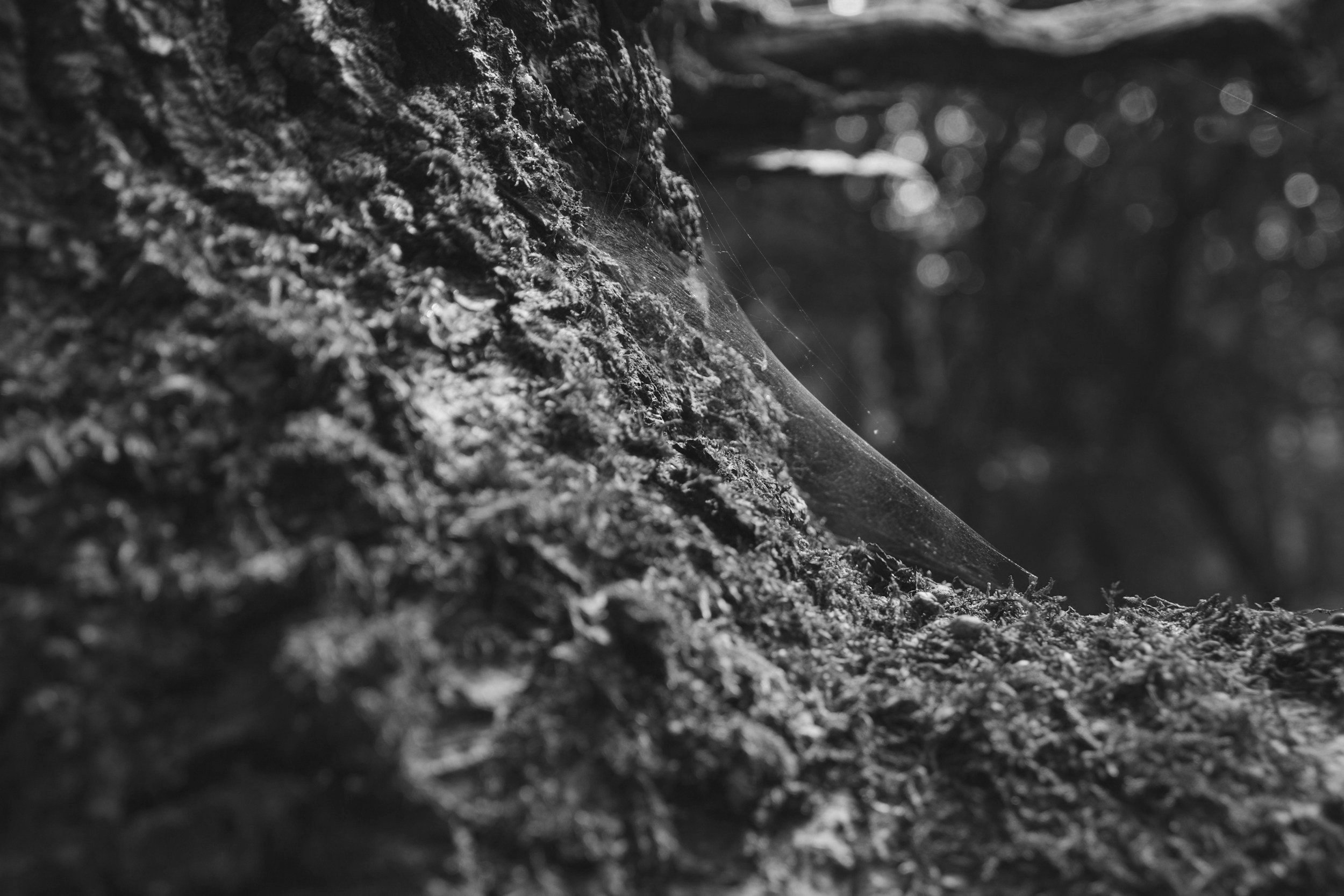
PhD Research
BringingThe Wild Home
University of Cumbria | Institute of Science and Environment | Supervisors: Dr Lisa Fenton / Dr David Clarke
Exploring the role of traditional ecological knowledge in eco-cultural identity.
In Bushcraft as a radical education, the authors propose that the practice of bushcraft offers an opportunity for a more inter-subjective relationship with the natural world. This particular focus suggests a process of ‘conscientisation,’ which is aimed at developing a heightened critical awareness helping to shape the relationships we have with ecosystems. Its radical characteristic emerges from this happening both outside of mainstream education and potentially offering different perspectives from the dominant cultural assumptions about the more-than-human.
Traditional ecological knowledge is more than the skills and crafts that we can learn. It includes our responsibilities to the land, seeing ourselves as part of a reciprocal ecology. While learning to gather, shape, and use natural materials, the seasonality and nuances of the local ecology, as well as the intimate embodied experience of those materials and places, provide us with access to numerous experiences beyond the aesthetic.
Ethnoecology is a field within environmental anthropology. It focuses on the lived experiences of people and places, centring the everyday meanings that define how we perceive and relate to our local ecosystems.
Within eco-cultural identity, we have many facets that may or may not factor into our relationship with more than humans. Examples of these are our sense of place, embodiment of natural materials, multispecies relationships and the materiality of our lives.

The Research
Key research question?
How can different presentations of TEK influence the eco-cultural identity of its practitioners?
What do you want to know?
What particular kinds of experience in being introduced to TEK helps to foster a kinship/reciprocal form of eco-cultural identity?
What question/s does the research seek to answer?
Which aspects of bushcraft’s usage of TEK engender or inhibit a more pro-environmental eco-cultural identity?
What is the gap in knowledge it is filling?
There is little research to explore the potential of bushcraft and its access to TEK in fostering pro-environmental behaviours through nurturing an eco-cultural identity.

What are the areas will I research?
Place-responsive kinship
Bioregionalism
Watersheds
Rhizomatic Personhood
Borderlands
Multispecies Ethnography
Crafts and Embodiment
Assemblages
Cosmologies and Ontologies

Research Mapping
I find it helpful to lay out everything I read when I research. Usually, this is quite literally on the dining table.
A few years ago, I started using a platform for consulting in sensemaking and have found it is useful for keeping track of my reading, as well as recording connections and relationships across material all in one place. Additionally, the dining table is now free.
Feel free to take a look and use it to discover research and writing that I find interesting.

Like what I am doing?
If you would like to support me in my PhD studies, then please consider buying me a coffee.


